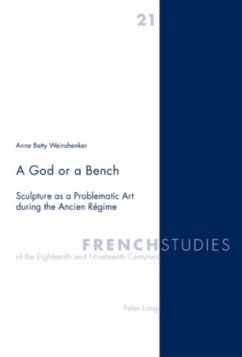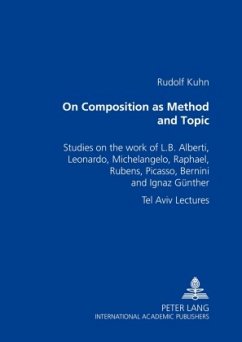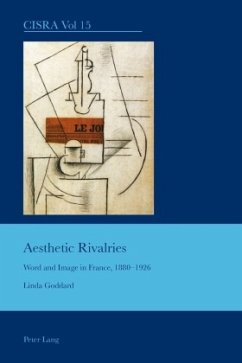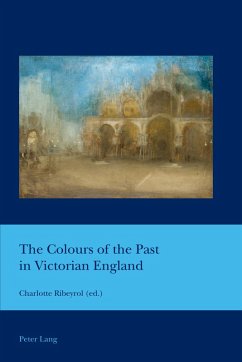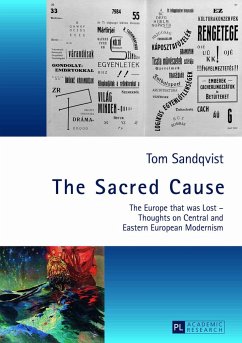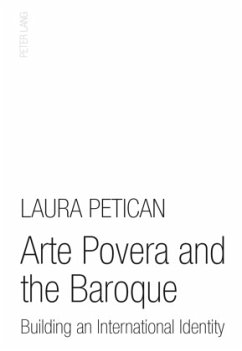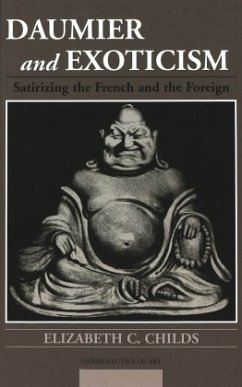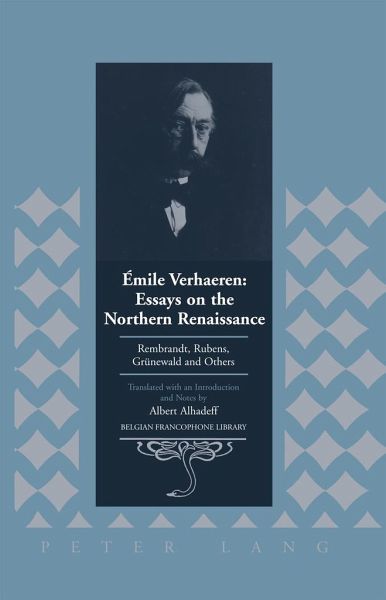
Émile Verhaeren: Essays on the Northern Renaissance
Rembrandt, Rubens, Grünewald and Others- Translated with an Introduction and Notes by Albert Alhadeff
Herausgegeben: Alhadeff, Albert

PAYBACK Punkte
0 °P sammeln!
Émile Verhaeren (1855-1916), art critic, poet and homme de lettres, was a man whose vision transcended his native Belgium. With close ties to Mallarmé in France and Rilke in Germany, Verhaeren, a peripatetic student of the arts, readily traveled to Paris, Berlin, Cassel, Vienna and Amsterdam. From the mid-1880s until his death in 1916, his many trips abroad resulted in a raft of essays and short monographs on the arts of the Northern Renaissance. Yet, despite the insights, scholarship and markedly precise and revealing descriptions of these studies, they have long been neglected in art histo...
Émile Verhaeren (1855-1916), art critic, poet and homme de lettres, was a man whose vision transcended his native Belgium. With close ties to Mallarmé in France and Rilke in Germany, Verhaeren, a peripatetic student of the arts, readily traveled to Paris, Berlin, Cassel, Vienna and Amsterdam. From the mid-1880s until his death in 1916, his many trips abroad resulted in a raft of essays and short monographs on the arts of the Northern Renaissance. Yet, despite the insights, scholarship and markedly precise and revealing descriptions of these studies, they have long been neglected in art historical circles, overshadowed, perhaps, by Verhaeren's own poetic outpourings and his numerous essays on contemporary art.
In this book, Albert Alhadeff translates, edits, annotates and contextualizes these often brilliant and always revealing studies on artists such as Rembrandt, Rubens, Memling, Bruegel and Grünewald, masters from the North who worked mostly in Flanders, Holland and Germany in the sixteenth and seventeenth centuries. As Alhadeff reveals, Verhaeren's studies of the masters of old in Germany, Flanders and the newly born Dutch Republic are as much about Verhaeren the man as they are about the subjects of his inquiries.
In this book, Albert Alhadeff translates, edits, annotates and contextualizes these often brilliant and always revealing studies on artists such as Rembrandt, Rubens, Memling, Bruegel and Grünewald, masters from the North who worked mostly in Flanders, Holland and Germany in the sixteenth and seventeenth centuries. As Alhadeff reveals, Verhaeren's studies of the masters of old in Germany, Flanders and the newly born Dutch Republic are as much about Verhaeren the man as they are about the subjects of his inquiries.





